Becoming a dually credentialed therapist is no easy feat. It requires hundreds of hours of extra training and certifications to effectively be able to treat both mental health and substance use disorders and in tandem as co-occurring issues. Every therapist at Complete Family Treatment services is dually credentialed, and by looking at these issues simultaneously, we’re able to create a sound recovery framework that gets you back on your feet for the long-term.
How Does One Become a Dually Credentialed MHP?
It depends where you live. In Nebraska, you first need a Master’s degree in counseling, psychology, social work or a similar field from an accredited institution. You also need up-to-date mental health credentials from the State Department of Health and Mental Health Professional status from the Division of Behavioral Health and Recovery. Then, you must complete a certain number of training hours specifically focused on fusing drug and alcohol treatment into one, cohesive treatment method.
For LADCs in Nebraska, you must complete specialized training from Bellevue University. You must complete a 300-hour internship to receive your PLADC. Once you have your Provisionally Licensed Alcohol Drug Counselor (PLADC) credential, then you must fulfill a 2000 hour supervised experience and take a licensing test to become fully licensed.
For LMHPs in Nebraska, you must have a Master’s degree in a related field of study or have your institution CACREP certified. You must complete 3000 hours of supervision and take the NCE test for counseling to become fully licensed.
Why Should You Seek Out Dually Credentialed Therapists?
Dually credentialed therapists are trained on how the inner workings of your brain become altered by addiction, and therefore also interfere with your mental health. Through addiction neuroscience, we can begin to rewire your reward-control pathway and treat both disorders hand in hand.
Drug and alcohol counselors don’t fully understand someone who is depressed and resorts to substances as a result. And the same goes vice versa: mental health counselors can’t treat your disorder without first understanding the science behind your addiction.
That’s why, if you have depression, anxiety or trauma and are dependent upon substances for temporary relief, you need therapists who have a firm grasp on what makes your brain tick — your triggers, your obstacles and your hesitations about reaching sobriety.
Substance use disorders and mental illness go together like PB & J. It’s rare that an individual has strictly one or the other. Chances are, your addiction is caused by underlying mental issues, or your mental issues are heightened by your addiction.
Our team has the know-how and full licensure to treat both of these problems at the same time. We will create a path to happiness, success and stability that’s tailored to your needs and based on the very chemical makeup of your brain.
Ready to chat? Contact us today!


Recent Comments